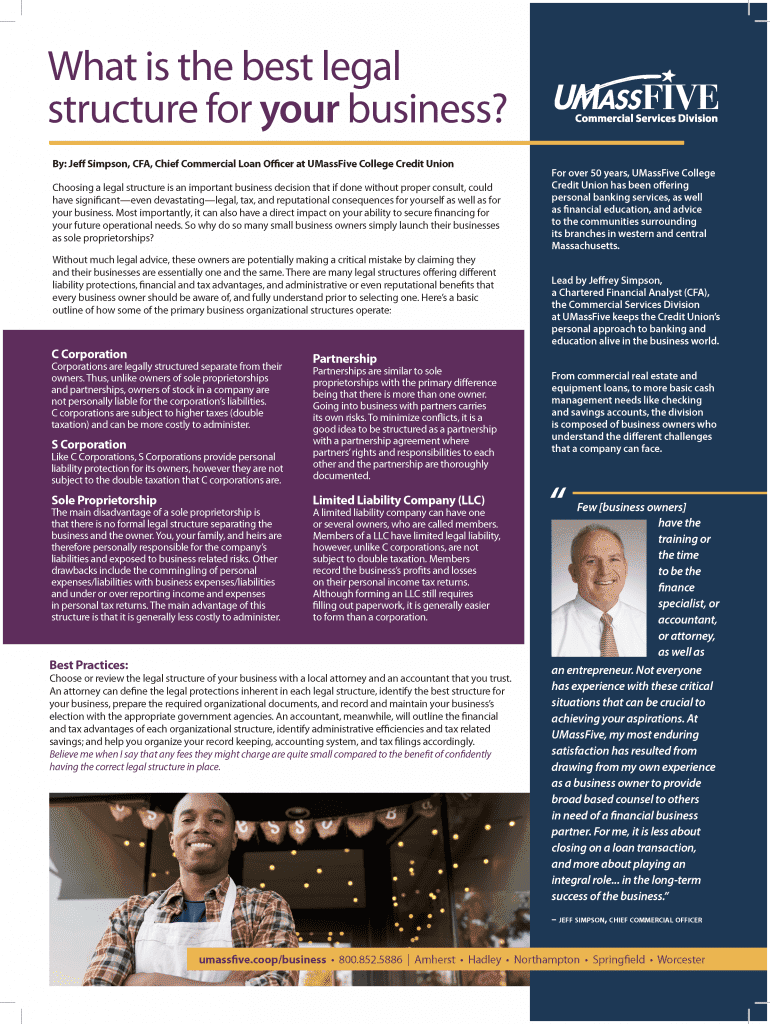Opinion
By John Garvey
Is Facebook really Big Tobacco? The answer is ‘no’ — and there is no reasonable comparison, despite the compelling testimony of the Facebook whistleblower.
A two-sentence trip down memory lane on the subject of the tobacco industry will refresh our collective memories about an industry that was not only supported by government subsidies, but protected by the government. The tobacco industry was, in fact, founded on the back of slavery. So, despite the attention that the ‘Facebook is Big Tobacco’ comparison attracts, it is wildly hyperbolic and does a disservice to any alleged misdeeds of the social-media giant.
Now that we got that out of the way, what is Facebook, then? Really popular. As you know, your mother is on Facebook commenting on your posts that you need to lose weight, and your kids are on Instagram hiding their profiles from you. I hesitate to introduce the fact that they are probably over on TikTok, actually, because that will give you a headache.
Breaking news: the fight between Facebook and the whistleblower/Congress was over before it started. Where’s the evidence, you say? The perceived and actual value of Facebook was debated the day before the whistleblower testified in Washington, when someone at headquarters apparently tripped over and disconnected the network cord to Facebook, Instagram, and Whats App (OK, that’s fake news, but they each did go down on Oct. 4). The world noticed, consumers’ demand was tested and passed, and the stock priced declined.
However, just as the whistleblower started to whistle, Facebook’s stock began to rebound.
Are the charges serious? Yes, but they are societal as well — meaning it’s not just the algorithm that pushes nefarious content in front of us and our children. It is, in fact, us. We have choices, and we can easily unlike, complain, or log off if we are confronted by information from any source that we find offensive. Conveniently, your digital marketers will support your complaints because they — meaning me — do not want you to log off and wish to continue to put information in front of you that you will feel is relevant, compelling, and useful. That is how the algorithm is supposed to work, and there are coders tweaking it every day to make it better.
Here’s where I understand your anger, though. Mark Zuckerberg is absolutely not the right person to be leading or speaking for Facebook at this time. While he may still be popular with the Facebook employees, outside the building, he is barely discernable. This is one guy who fails to emote or show empathy.
I know, this presentation is somewhat simplistic. But if you are on Facebook, Instagram, Twitter, TikTok, Pinterest, or, indeed, LinkedIn (is Snapchat dead yet?), I sincerely hope you are getting some value out of the platforms you frequent. Companies like Facebook need to be more transparent and will be forced to in the future — but more likely by you, the public, rather than Congress. So, keep showing up, but also keep weighing in.
After all, we do not want to wait centuries for improvements, like we had to for government’s regulation of Big Tobacco.
John Garvey is president of Garvey Communication Associates Inc.




 On Nov. 3, 2019, news broke that the McDonald’s board of directors voted to terminate CEO Steve Easterbrook for having a consensual relationship with an employee.
On Nov. 3, 2019, news broke that the McDonald’s board of directors voted to terminate CEO Steve Easterbrook for having a consensual relationship with an employee.



